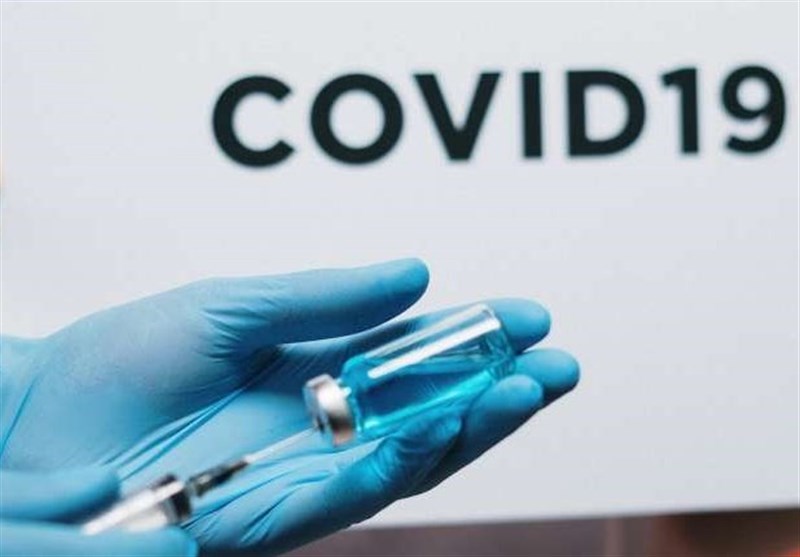Worldwide Race to Procure Ultra-Cold Storage, Transport Facilities for COVID-19 Vaccine
TEHRAN (Tasnim) – Rigorous cold storage requirements for housing COVID-19 vaccines have ignited global demand for specialized freezers as nations gear up for the fight to suppress the virus.
Much of the focus is on the Pfizer-BioNTech vaccine. It needs complex and ultra-cold conditions, below minus 70 degrees C or more, for long-term storage, which could hinder its distribution to areas lacking proper facilities, the Straits Times reported.
This is forcing countries to step up cold storage infrastructure and delivery logistics in readiness for the vaccine roll-out, possibly in the coming months.
Pfizer plans to supply 50 million doses this year and a further 1.3 billion next year, with 100 million going to the United States, 200 million to the European Union and 40 million to Britain.
Countries in South America and the Asia-Pacific have also pre-ordered the vaccine.
Some speciality freezer makers have already warned of months-long waits for units as governments worldwide place orders as part of vaccine distribution chains, which involve complex and costly deep-freeze warehouses, refrigerated vehicles and vaccination points.
In the US, with over 260,000 deaths and more than 12.7 million cases, the authorities are preparing to ship 6.5 million doses of the Pfizer-BioNTech vaccine by mid-December using special coolers packed with dry ice.
The vaccine - reported as being as more than 90 per cent effective at preventing COVID-19 - must be used in a few weeks or stored in an ultra-cold freezer for up to six months.
Private companies like Ford Motor have also ordered specialized freezers to ensure its factory workers - considered essential in most states - have access to vaccines.
Meanwhile, Germany, which has recorded around 15,000 deaths and over 960,000 cases, plans to set up 60 special vaccination centres equipped with ultra-low-temperature freezers.
German firm va-Q-tec, which specializes in cold storage, is expanding its fleet of rental containers to transport vaccines.
Britain's Department of Health and Social Care has provided general practice clinics with an additional £150 million (S$268 million) to support the vaccine roll-outs in coming months.
Logistics companies UPS, FedEx and DHL are also getting ready to handle vaccines that need cold storage. DHL has opened a new cold facility in the US, while FedEx has been adding freezers and refrigerated Lorries to its fleet.
UPS has built two freezer farms - in the Netherlands and the US - to house a total of 600 deep-freezers that can reach temperatures as low as minus 80 degrees C. It will also start making dry ice at its US facilities and distribute ultra-cold freezers to doctors' offices, pharmacies and urgent-care facilities that might store vaccines.
Gian Gandhi, of the UNICEF supply division, the world's largest buyer of vaccines, said UNICEF and the World Health Organization have installed more than 40,000 fridges to store vaccines in low-income countries, mostly Africa, in recent years.
UNICEF has also bought hundreds of millions of syringes ready to be shipped once vaccines are available.
Logistics hurdles associated with the cold-supply chain pose challenges to vaccine delivery. Research by DHL and consultancy firm McKinsey found that insufficient "last-mile" cooling facilities in the final delivery stages and a lack of storage at clinics in large parts of Africa, Asia and South America would hinder the distribution of vaccine.
DHL also warned that two-thirds of the world's population are unlikely to have easy access to any vaccine that needs to be stored at freezing temperatures.
Other potential vaccines, such as the candidate from US firm Moderna - said to be 94.5 per cent effective in clinical trials - will be easier to roll out in warm climates and resource-poor settings.
The Moderna candidate can be kept at minus 20 degrees C, similar to home freezers, and other vaccines developed by Johnson & Johnson of the US, AstraZeneca in partnership with Oxford University, and one from France's Sanofi and British drugmaker GlaxoSmithKline, are expected to be stored and shipped in an unfrozen state.






